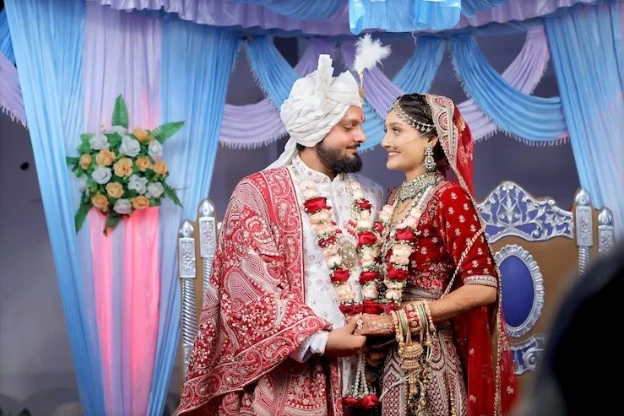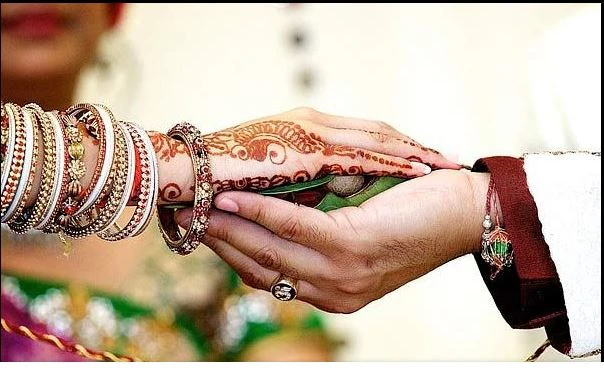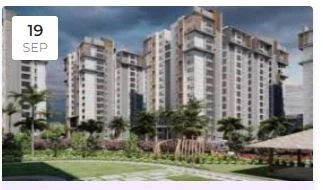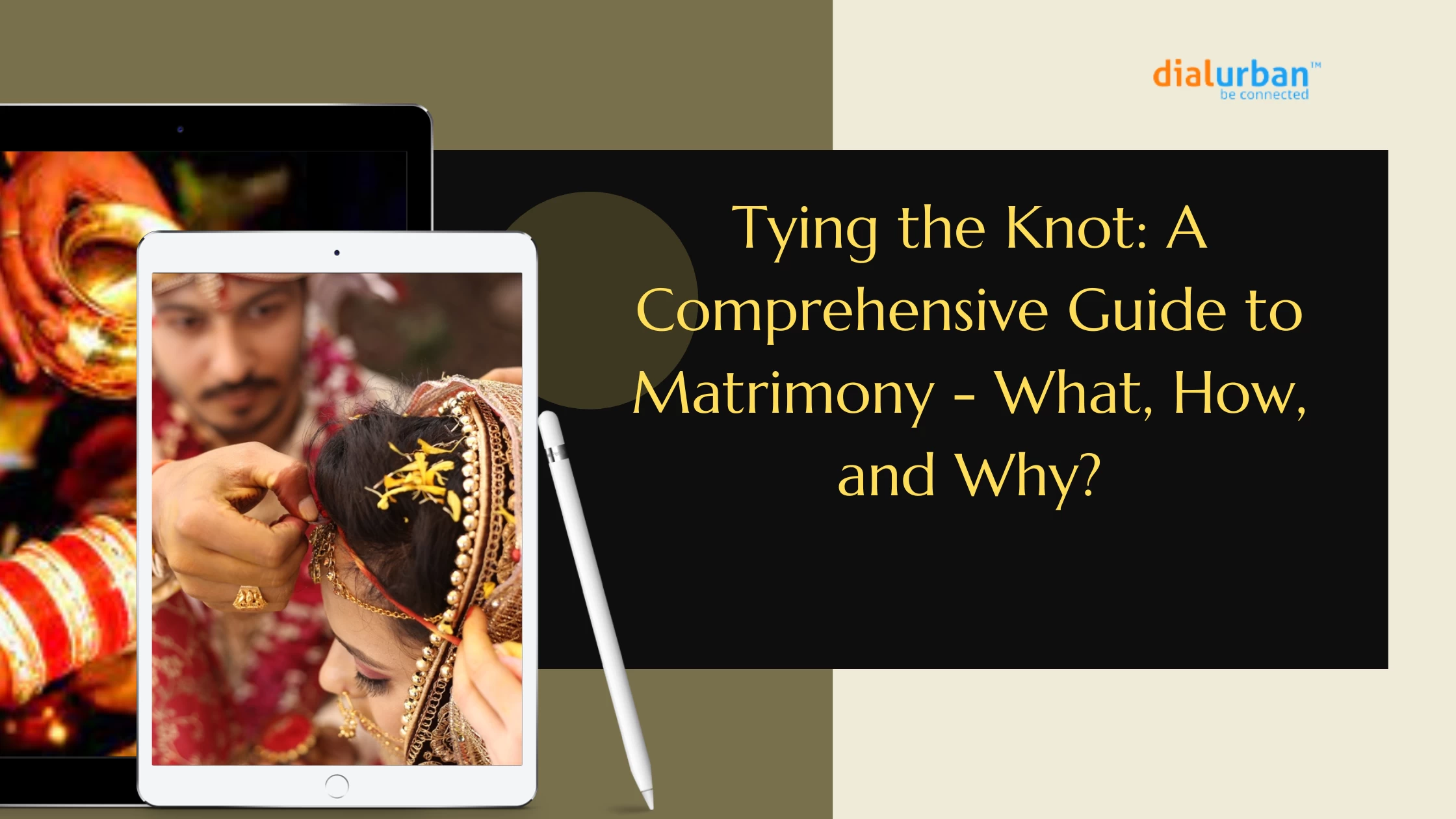India, with its rich cultural diversity and traditions, offers a vibrant and varied matrimonial landscape. Every state in India has its unique customs, rituals, and values that shape the way marriages are conducted. Whether you're looking for a match in North India, the coastal South, the vibrant West, or the culturally rich East, understanding the nuances of matrimony across India’s states is essential.
In this guide, we explore the key aspects of matrimonial traditions and preferences across India’s states, helping you navigate this diverse landscape with the help of DialUrban.
North India Matrimony: Grandeur and Tradition
North Indian weddings are known for their grandeur, spanning multiple days with elaborate rituals, music, and festivities. States like Punjab, Haryana, Uttar Pradesh, and Delhi are famous for big, traditional ceremonies. The Punjabi weddings are marked by extravagant celebrations, with rituals like the Anand Karaj (Sikh marriage ceremony) and the Baraat procession.
Marriage alliances in the North often focus on family reputation, religion, and caste. Families play a significant role in the match-making process, ensuring compatibility beyond just the bride and groom.
DialUrban's Approach: We offer matrimonial services catering to North Indian communities, ensuring matches are made keeping in mind family values, caste preferences, and traditional customs.
South India Matrimony: Simplicity and Spirituality
In contrast to the flamboyance of the North, South Indian weddings, particularly in Kerala, Tamil Nadu, Andhra Pradesh, and Karnataka, focus on simplicity and spirituality. Tamil Brahmin weddings, for example, include sacred rituals like the Kanyadaanam (giving away the bride) and the Saptapadi (taking seven steps together).
Caste plays a prominent role in South Indian matrimony, with families giving importance to educational background and compatibility. Marriages are seen as a union of families, and alliances are often sought within specific communities.
DialUrban's Approach: We specialize in matrimonial services that respect the cultural and religious sensitivities of South Indian families, ensuring compatible matches that align with traditions.
East India Matrimony: Rich Heritage and Cultural Unity
Eastern states like Bihar, Odisha, West Bengal, and Assam boast a rich heritage when it comes to marriage customs. Bengali weddings, for example, are celebrated with unique rituals like the Shubho Drishti (auspicious sighting) and the Sindoor Daan (applying vermilion). These weddings are a blend of vibrant customs, artistic elements, and deep-rooted traditions.
In states like Assam, traditional practices include the Juroon and Pani Tola, which involve gifting rituals and purification. Marriages in the East focus on cultural traditions and compatibility, with a growing trend of educational and professional considerations playing a role in the match-making process.
DialUrban's Approach: Our platform is designed to connect people from the eastern regions of India, respecting their unique customs while offering modern matchmaking solutions.
West India Matrimony: Vibrance and Diversity
Western Indian states like Maharashtra, Gujarat, Rajasthan, and Goa showcase a mix of grandeur, tradition, and modernity. Maharashtrian weddings are often simple and focused on rituals like the Sankalp (vow exchange), while Gujarati weddings are famous for their joyful Garba and Dandiya nights.
Rajasthani marriages, especially in the Marwari community, are known for their royal ceremonies, colorful attire, and traditional customs such as the Pheras (taking seven vows around the sacred fire). Family values, religion, and cultural heritage play a significant role in matrimonial alliances in this region.
DialUrban's Approach: We cater to the specific needs of Western Indian communities, offering services that match individuals based on their cultural preferences and family values.
Northeast India Matrimony: Unique Traditions and Modern Values
Matrimony in Northeast India is deeply influenced by the region's diverse tribal cultures. States like Meghalaya, Nagaland, Manipur, and Sikkim have their unique traditions, with some communities practicing matrilineal systems where lineage is traced through the mother’s side.
In this region, marriage alliances are less rigidly bound by caste and community, with modern values and love marriages becoming more common. Rituals in these states vary greatly from one tribe to another, reflecting the region’s cultural richness.
DialUrban's Approach: We connect individuals across the Northeastern states by embracing their diversity, offering matrimonial services that honor both traditional values and contemporary preferences.
Central India Matrimony: Tradition with a Modern Outlook
Central India, encompassing Madhya Pradesh and Chhattisgarh, combines traditional Hindu marriage customs with modern trends. The marriage rituals here, like the Jaimala (exchange of garlands) and Phera (circumambulating the fire), are similar to those practiced in the North. However, a growing number of families are also open to inter-caste and inter-regional marriages, reflecting a shift toward a more modern outlook.
DialUrban's Approach: We offer services that cater to both traditional and modern matrimonial preferences, connecting individuals and families from the heart of India.
Conclusion: Uniting India Through Matrimony
India’s diverse matrimonial customs are a reflection of its rich cultural tapestry. At DialUrban, we celebrate this diversity by offering matrimonial services that cater to every state’s unique traditions while embracing the modern values that many families now seek in a life partner. Whether you’re looking for a match in North India, South India, or anywhere in between, we’ve got you covered with our comprehensive and personalized services.
Let DialUrban be your trusted partner in finding the perfect match, wherever in India your heart leads you.





Comments